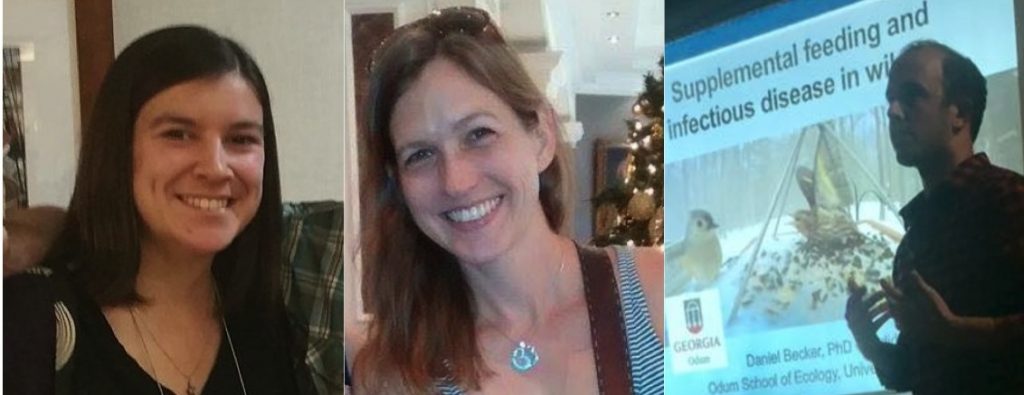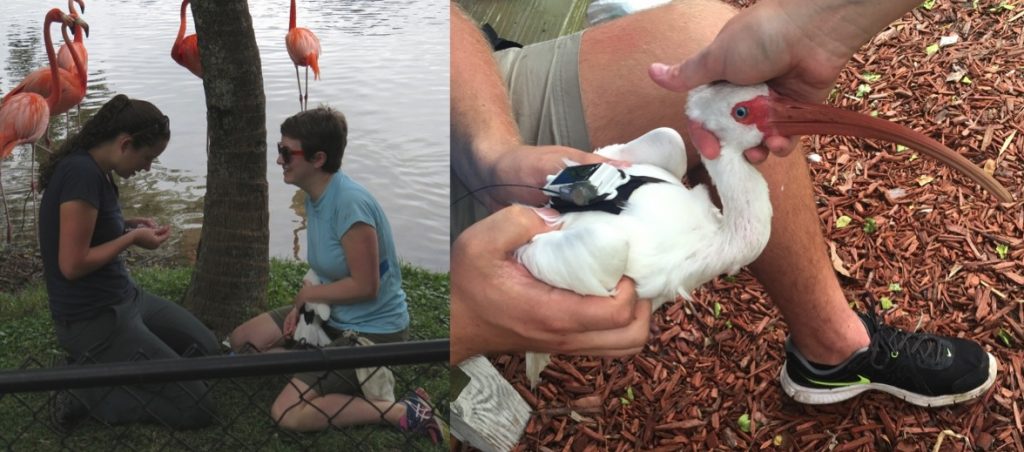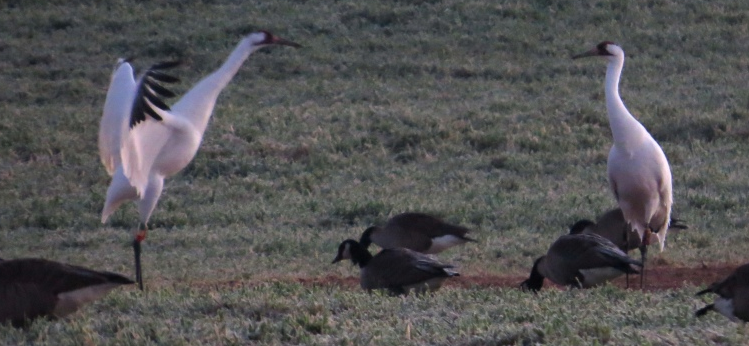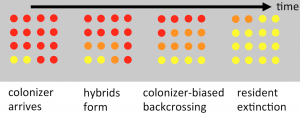Congratulations to Claire Teitelbaum on receiving a prestigious NSF Graduate Research Fellowship! Claire’s project will study the drivers and consequences of nomadic movement, with applications to how nomads respond to shifting resource availability across the landscape.
Congratulations, too, to Lee Brown, who becomes the first Hall Lab alumna! Lee has started an NSF-funded postdoc on butterfly conservation at the EEB department in Connecticut University. Good luck Lee, we will miss you!
Long-term Hall Lab collaborator Dan Becker was awarded a grant from the APS Lewis and Clark Fund to fund his ongoing work on vampire bat pathogens in Belize. Dan recently organized for a special issue of Phil Trans R Soc Lond on the consequences of resource provisioning for wildlife infectious disease, featuring contributions from Lee and Richard. Congrats, Dan!



